歴史・文化
伝説・言い伝えによる地名
地名の由来
古い文献などには「赤間」の地名を「赤馬」と書いたものがよくあります。 一説には、神武天皇が日向から大和へ向かう際に、露払いの神様(八所宮の神様とも言われる)が赤い馬に乗って姿を現わし、 人々を指揮したところであるため赤馬と付き、のちに赤間と書くようになったと言われています。 身近には、法然寺山門の横にある石碑に、赤馬と刻まれた文字を見ることができます。
出典:『宗像の浪漫街道』
地名は、神武天皇東征の時、赤馬に乗って現われ、住民に従軍するよう命じたことに由来。
出典:『宗像市史 通史編第三巻/近現代』
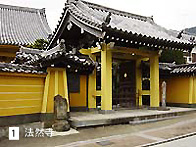
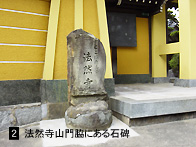
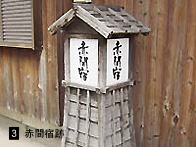
地名の由来
鐘崎の地名の由来は、昔、海の向こうから運ばれてきた大梵鐘が、岬近くの海中に沈んだという伝説にちなんだものといわれています。 その鐘を海中から引き上げようという試みがこれまで幾度か行われてきましたが、いまだに見つかっていません。
出典:『宗像の浪漫街道』
鐘崎(旧鐘崎村)の地名については、昔、三韓から大梵鐘を運んでくるときに地の海に沈んでしまった。 そのことから「鐘の御崎」と呼ばれるようになったという伝説がある。
梵鐘はいまだ見つかっておらず、この鐘を引き上げようとする者には祟りがあるとの言い伝えがある。
鐘崎の海は古代官人たちが都と博多(太宰府)を行き来するとき通った海路であり、『万葉集』にも鐘崎を詠んだ歌がある。
千早振るかねの御崎を過ぐれども
我は忘れず志賀の皇人
(よみびとしらず『万葉集』第七)
出典:『福岡県地名考』
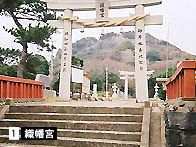
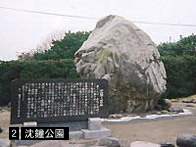
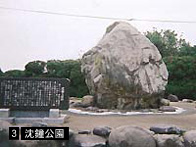
地名の由来
鐘崎の隣接地に上八(旧上八村)という特異な読み方の地名がある。元は上入と書いてカウジュと呼んでいたものを、 上八と誤って書かれるようになったものらしい。
平安時代末期頃、上八村別名という荘園があったことから起こった地名ではないかと考えられているが、 年貢をお上(領主)に納入するという意味から生じたのではないかと推察される。
出典:『福岡県地名考』
地名の由来
昔、この付近に簾長者という大富豪が住んでいたという言い伝えがあります。 江戸時代に編集された筑前国続風土記によると長者の屋敷は二重の堀をめぐらし、 四方に門をもち、城のようであったと伝えられています。そのため、この一帯を簾田(須多田)と呼ぶようになったということです。
出典:『宗像の浪漫街道』
地名の由来
ある夏の暑い日、若者が不思議な人物に呼び止められ、樽と手紙を芦屋の廻船問屋まで届けてくれるよう頼まれます。 この暑さにもかかわらず蓑(雨具)をまとい、笠をかぶった異様な風采です。しかし、お礼に目の眩んだ若者は怪しみながら引き受けました。
峠で一休みしていると、ムラムラと手紙の内容が知りたくてたまらなくなりました。さんざん悩んだすえに、 ついに封を開けて手紙を広げてみると「この尻をもって千尻なり」という謎のような言葉が書いてありました。
若者はこの意味を確かめるため思いきって樽をのぞきこみました。すると中には人間の尻がいっぱい詰めてあるのです。 しかも、それが、九百九十九もあり、この若者の尻を加えると、ちょうど千になる勘定でした。若者はやっと、手紙の意味がわかり、 背筋の凍る思いをしました。
これはじつは河童の仕業だったのです。このことがあってからこの峠を樽見峠と言うようになり、そして今は垂見峠と書くようになったそうです。
出典:『宗像の浪漫街道』
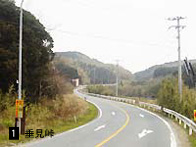
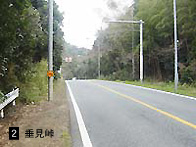
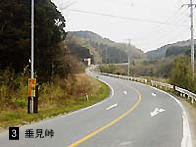
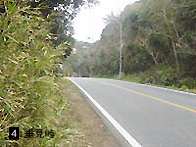
地名の由来
地名は、八所社の神の鎮座するところを求め、この場所に留まったことに由来する。大字名として現存。
出典:『宗像市史 通史編第三巻/近現代』
 はじめに
はじめに お問い合わせ
お問い合わせ